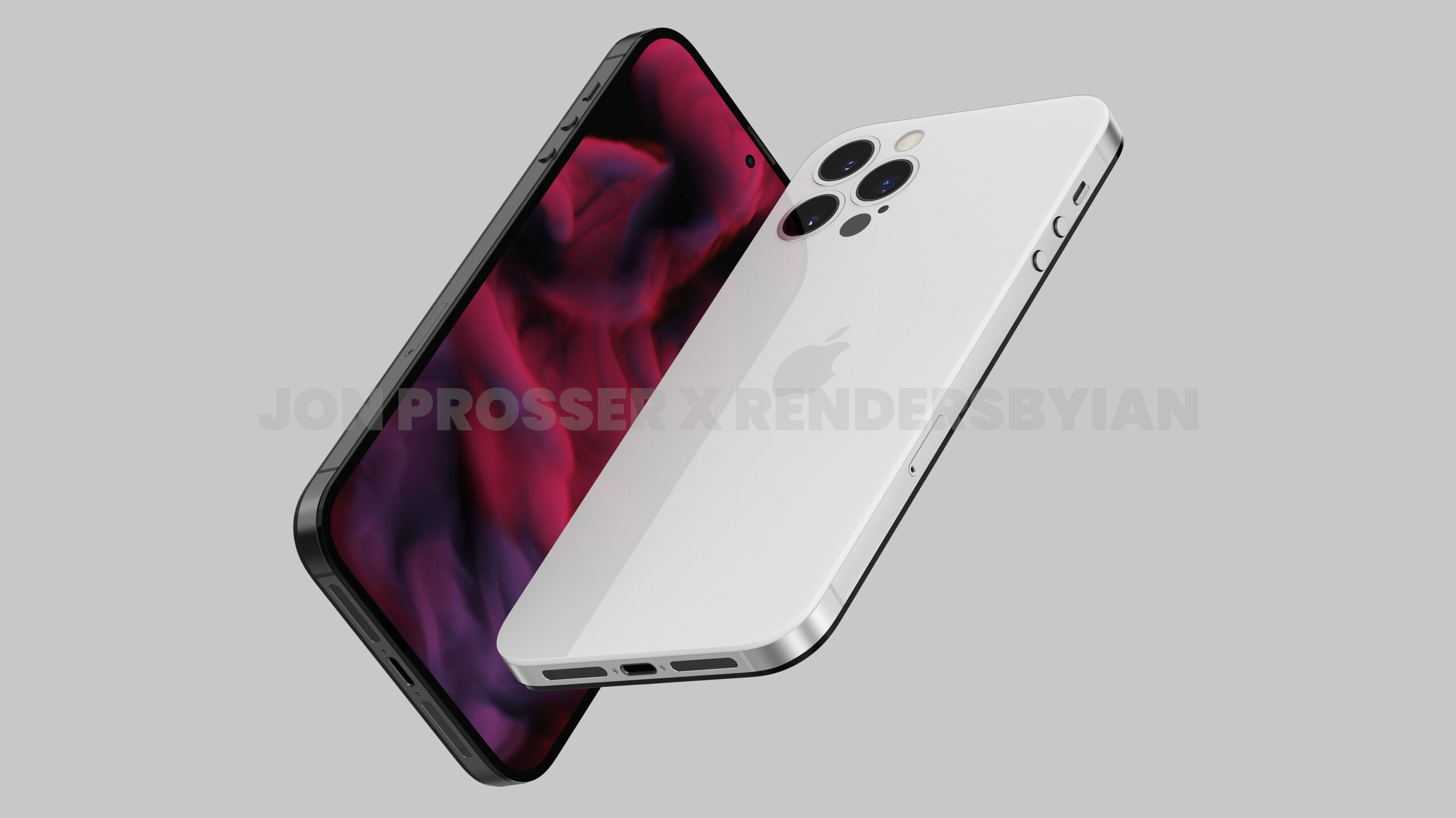iPhone 14 could miss out on this major Apple upgrade
Qualcomm is set to supply 5G modems to iPhone 14, meaning no custom chip for the next-gen Apple phone

The iPhone 14 could miss out on Apple's in-house modem chip, as according to a paywalled report from DigiTimes, 2022 will be the last year the company relies solely on Qualcomm to supply modems for its handsets.
After that, TSMC — the company that produces the A and M processors used in iPhones and Macs, respectively — is expected to produce Apple’s custom 5G baseband modem chips.
Interestingly, the report says that this will be a component separate from the ‘A’ chip built for 2023’s flagship phone (in all likelihood the A17 and iPhone 15.) If correct, that’s a different approach than what’s expected from Android devices with custom modems, which will instead likely be built into the SoC along with the application processor.
Although this is just one report, it notably matches up with what Qualcomm itself said in its recent Investor Day. While it’s apparently doing quite well with Samsung in 2022, the company conceded that it expected to supply just 20% of Apple modem chips in 2023.
“The assumption we use for this forecast is that for Apple 2023 launch, our share is down to 20%,” Qualcomm's chief financial officer Akash Palkhiwala was quoted as saying. “Just to be clear, there is no new data point that makes us do this forecast versus our discussions in the past. We just wanted to set a base for this forecast, and so we've used that as a planning assumption.”
But if Apple is going to be making its own modems for 2023, why would it be requiring anything at all from Qualcomm? Well, there’s a few possibilities here. The first, obviously, is that it won’t and the “assumption” is off the mark.
But there are also scenarios where Apple could be making its own modems but still want to work with Qualcomm, too. There could be regions where Apple’s 5G modem isn’t supported, for example, or it might simply be that while Qualcomm’s chips aren’t right for the flagship iPhone 15, they’re ideal for an upcoming iPhone SE, or 2023’s cellular iPads.
Sign up to get the BEST of Tom's Guide direct to your inbox.
Get instant access to breaking news, the hottest reviews, great deals and helpful tips.
What does this all means for the average iPhone user? That's not clear, but we would not expect a huge 5G upgrade from the iPhone 14 as a result of this report. But as we've seen with the Apple M1 chip, tighter control over a chip's hardware can yield impressive performance, something Apple's A-series chips already deliver compared to their Android counterparts.
In real-world terms the eventual Apple 5G modem could mean improved cellular connections, better hip packaging and thus more efficient battery life. Time will tell in this case.
As for the iPhone 14 overall, we're expecting to see a new design, hopefully marking the end of the notch, as well as camera improvements and potentially the return of Touch ID. Stay tuned to our iPhone 14 hub for all the latest leaks and rumors, and check out our iPhone 14 vs iPhone 13 comparison for all the rumored upgrades.
Freelance contributor Alan has been writing about tech for over a decade, covering phones, drones and everything in between. Previously Deputy Editor of tech site Alphr, his words are found all over the web and in the occasional magazine too. When not weighing up the pros and cons of the latest smartwatch, you'll probably find him tackling his ever-growing games backlog. Or, more likely, playing Spelunky for the millionth time.

